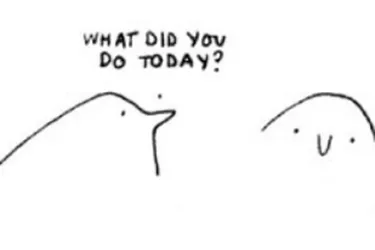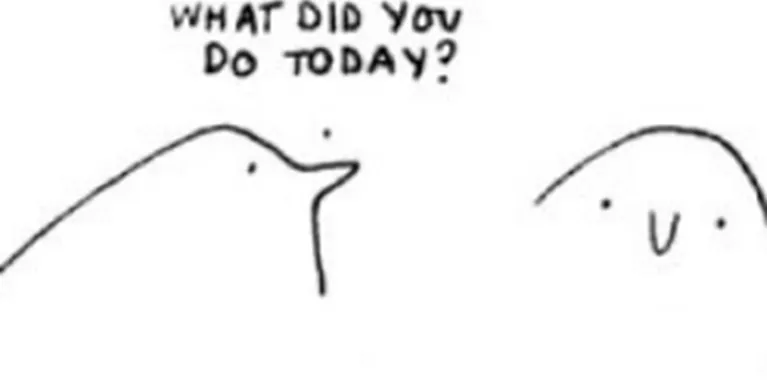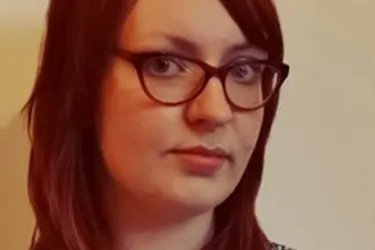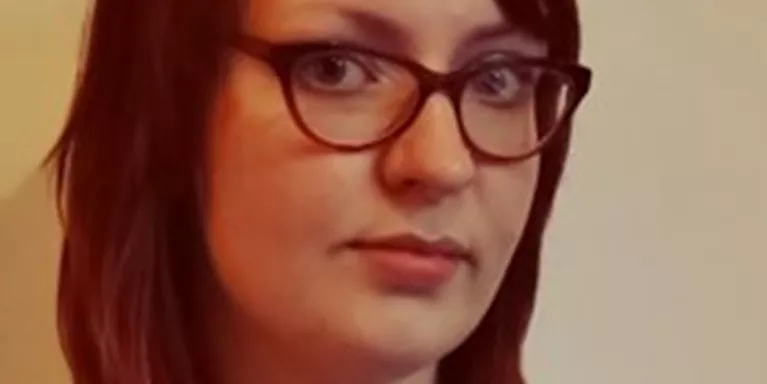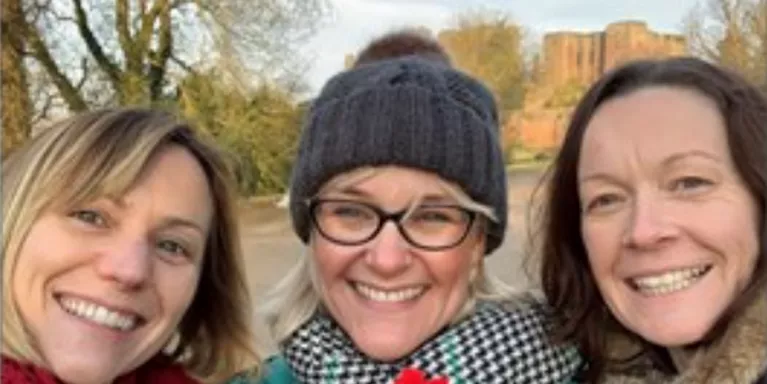Dating myself
Daisy shares how spending quality time with herself helps to improve her wellbeing.
Daisy is an English student at Royal Holloway university, using her experiences with mental illness to fuel her creative work
Five days before I finished my first year of university, I was one of the only people left in our accommodation. My friends were all either back home, enjoying meals they didn’t need to cook, or swamped with work at the last hurdle. They were unavailable, so my support network was too. I was just left floating with my own thoughts – a situation I had built the support network to avoid, even on a good day.
"I felt lost, like I was swimming in the general direction of the surface with no idea how far away I was."
Unfortunately, I was also caught in the tail-end of a particularly bad slump. With exams, travel and moving out all piling up on me, I was really squinting to even see the light at the end of the tunnel. Making big decisions has always been a personal trigger point for me, so the weight of organising them so far away from home was sitting heavily on my chest. Without any of my loved ones available to help guide me, I felt lost, like I was swimming in the general direction of the surface with no idea how far away I was. Getting out of bed meant a constant itch to be sorting something; when I couldn’t find anything left to sort, I immediately crashed again.
I didn’t know what to do when I didn’t have something else to focus on. When there was nothing left to do around the house, I found myself staring up at the ceiling for hours, letting the day trickle past until I could crawl out of the bed for a microwave dinner. Naturally this only made me feel worse, but I’d hit the ohwell point by then. I can’t motivate myself to improve when I’m already in that kind of slump; the thought will flicker past, but autoplay will start the next episode before I can explore it and then that’s that.
"I can’t motivate myself to improve when I’m already in that kind of slump."
Finally, I reached out to my mother and upon her (rather insistent) suggestion to leave the house, walked down to my local coffee shop for some fresh air. On my way there, I saw a poster for the British Museum. They were opening a new exhibit on the history of Manga.
It would close before I came back in September. I don’t know why, but something sparked in me; for the first time in over a month, I had something that was genuinely exciting. I spent the whole walk home counting pros and cons – and cash, just to be sure – and booked the ticket as soon as I had WiFi. The next morning, I was hopping on a train to London Waterloo, heart tight in my chest.
"It was nice to have a day out without worrying about what someone else thought."
After a very confusing stint on the underground, I was standing at the museum’s gates. People were flooding the building, but always together; either families, couples or school groups. For a moment I felt silly, standing alone with my headphones in, struggling to find the right room. Then I saw a bright orange sign pointing the way, and I was distracted once again.
The exhibit itself was really interesting. I wouldn’t have said I was interested in the history of Manga beforehand, but I enjoyed going around at my own pace, reading what caught my eye and scanning the stuff that didn’t. I could stroll around and take pictures of whatever I thought was cool enough to remember, double back to the stuff I really liked. It’s antisocial, but it was nice to have a day out without worrying about what someone else thought. I only had to decide if I was having fun, and I was.
I’ve seen a lot of mental health posts online telling you to talk to yourself like a friend would – being comforting, understanding, accepting – and it has always been my favourite thing to read. This felt like that advice, but one step further. There were couples in that museum on a date.
"It felt good to enjoy something by myself."
When you take somebody on a first date, your main worry is how good a time they’re having. You also tend to be a bit more adventurous, get a little further out of the house – you’re willing to take risks. You’re setting aside a chunk of time to make somebody happy. Treating somebody else with that care feels as wonderful as receiving it, but there’s absolutely no reason you can’t treat yourself the same way every now and then.
Normally, I love spending time with my friends, but it felt good to enjoy something by myself too. I really wish we could normalise having fun without someone there to prove it. It can even be better, if it takes the social pressure out of the event for you. And it pushes you to challenge yourself – I never would have thought myself capable of taking a tube to the museum by myself beforehand, and I got to tackle that challenge at my own pace.
"Taking yourself on a “date” can be a fantastic way to improve your relationship with your own company."
I’m not saying we should all start going to things alone and reject any social pressure, obviously. But taking yourself on a “date” can be a fantastic way to improve your relationship with your own company. I’m not up to that kind of challenge every single time, of course; sometimes, all I’m up to is settling in to watch Netflix. But I still go all out, like I’m trying to impress someone – trawl through to pick the best film, lay out snacks in tiny bowls, set up all the pillows and blankets.
There’s nothing wrong with trying to impress yourself sometimes, too.


Information and support
When you’re living with a mental health problem, or supporting someone who is, having access to the right information - about a condition, treatment options, or practical issues - is vital. Visit our information pages to find out more.
Share your story with others
Blogs and stories can show that people with mental health problems are cared about, understood and listened to. We can use it to challenge the status quo and change attitudes.










